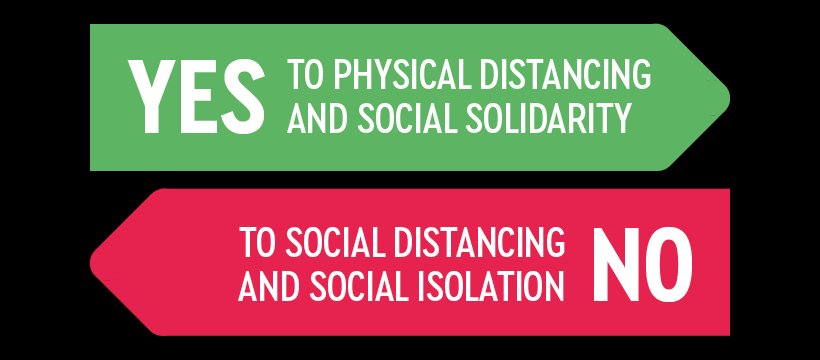Science and Society After the Pandemic

At the moment, the world is facing uncertainty: no one can say when life will return to the way it was before the pandemic. The post-pandemic period is beginning.
The term “new normal” has become prevalent in the public rhetoric, as though we have to unavoidably come to terms with living under the changed conditions for a very long time. In this atmosphere, the solidarity and experience of the academic community are more important than ever. Even without knowing the future, we still are fully aware that the only way to achieve better understanding and solidarity is through consistent scientific research, selection of reliable information, science-based search for solutions, and promotion of arts and culture, which makes all of our efforts worthwhile.
Vytautas Magnus University brings together scientists, researchers, and students who share insights about the principal post-pandemic issues that are important for the public and the state. In this section, you will find the latest journalistic articles, relevant scientific studies, and important news about the international initiative Mind the Gap.
Mind the Gap
Vytautas Magnus University and Global Initiative on Psychiatry (FGIP) have initiated the international campaign Mind the Gap, which asks the public to replace the term “social distancing” with the more accurate “physical distancing”, and, most importantly, to take care of people who lack social interaction, including people with disabilities or mental health issues and the elderly. The World Health Organisation has admitted that the term “social distancing”, which has become widespread during the pandemic, is misleading and damaging. Moreover, most of us feel vulnerable and unsafe: the changes that have ensued around the world were too sudden and radical, and we still lack knowledge about the future.
We would like to ask influencers, policymakers, and the public to use the more appropriate term “physical distancing” and to think about the impact of the words we use or the rushed, short-sighted social, political, or economic decisions we make. When our daily lives are disrupted, solidarity should become the top priority for all of us.
More and more psychiatrists of the world have noted that, as we use various means of protecting ourselves from the virus, we must not forget the effect they have on mental health. Otherwise, healthcare systems will face a crisis. The international campaign Mind the Gap has received a quick global response: it has gained vocal support from over 50 organisations of various kinds, the initiative’s motto has been translated into almost 30 foreign languages, and it has also been met with strong reaction from India and the Republic of South Africa.










